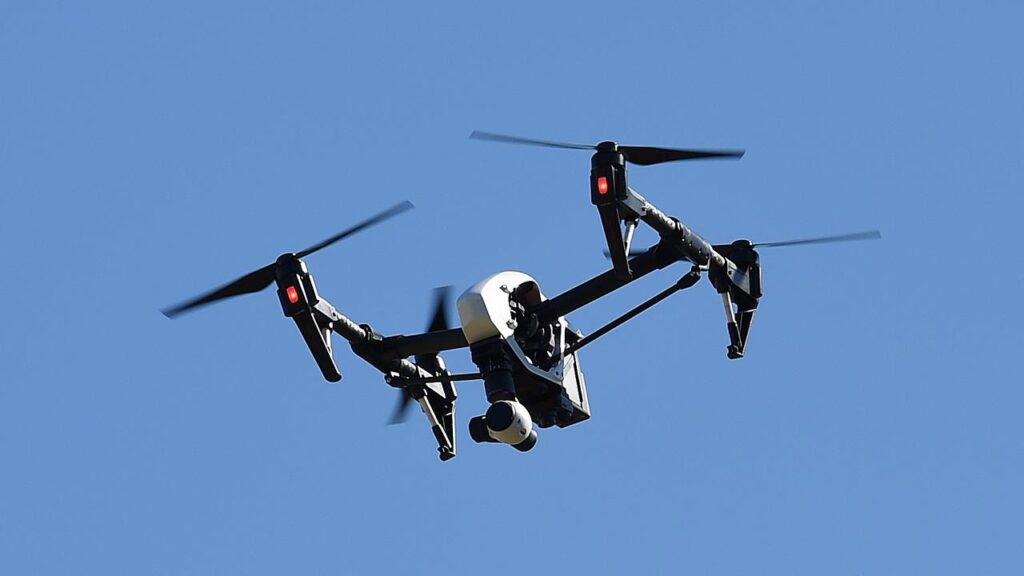China drone boffin loses visa appeal over weapons claim
Rex Martinich |

A Chinese drone researcher who had his student visa denied over claims he was associated with weapons of mass destruction has lost his appeal against the immigration minister.
Xiaolong Zhu, 36 , was in Australia on a tourist visa in 2018 when he applied for a student visa to begin studying for a doctorate of philosophy at the Queensland University of Technology’s Brisbane Gardens Point campus.
Mr Zhu proposed to focus on surveying and studying the navigation of unmanned aerial vehicles, also known as UAVs or drones, in environments where GPS guidance was not available.
The immigration minister’s delegate rejected Mr Zhu’s student visa application in October 2020 due to the Home Affairs Department receiving information he was “directly or indirectly associated with the proliferation of weapons of mass destruction”.

The Federal Court in Brisbane on Monday rejected Mr Zhu’s latest appeal of that decision and ordered him to pay costs.
Mr Zhu’s barrister Matt Black had argued there was “repugnancy or inconsistency” between the wording of the Migration Act and Australia’s migration regulations, which was rejected by Justices Darryl Rangiah and Stephen Burley.
“In our view no such repugnancy is demonstrated in the present case and the learned primary judge did not err in so concluding,” the justices stated in their decision.
The Federal Circuit Court decision from May 2024 that was appealed by Mr Zhu noted he had a Master’s degree in aeronautical engineering and space vehicle guidance from Beihang University, which is closely linked to China’s People’s Liberation Army.
Judge Gregory Egan said in 2024 the section of the Migration Act used to deny Mr Zhu a visa was also concerned with “missiles or other devices that may be capable of delivering” weapons of mass destruction.
Queensland University of Technology’s then pro-vice-chancellor for graduate research Helen Klaebe wrote to Home Affairs in June 2020 to deny Mr Zhu’s research was related to weapons of mass destruction.
“His research concentrates on decision-making theory and aims to develop an efficient system that uses three or four drones for civilian application scenarios in search for injured person in an indoor clutter environment during search and rescue mission,” Professor Klaebe stated.
“With the help of this system, a rescue team in Australia can precisely and quickly locate a person needing help inside a building in critical situations such as earthquakes and fires, without risking the life of a rescue team and reducing the time needed to find an injured person.”
Prof Klaebe said Mr Zhu would be working with drones weighing less than two kilograms that were equivalent to models widely available to the public.
The Australian government’s science agency CSIRO had offered Mr Zhu a two-year scholarship worth $37,596 a year, awarded from its Data61 unit that focuses on AI, robotics and cybersecurity.
Queensland University of Technology’s website lists Mr Zhu as a current PhD candidate at the School of Electrical Engineering and Computer Science.
The website states Mr Zhu works with two other academics and a CSIRO staff member.
AAP


